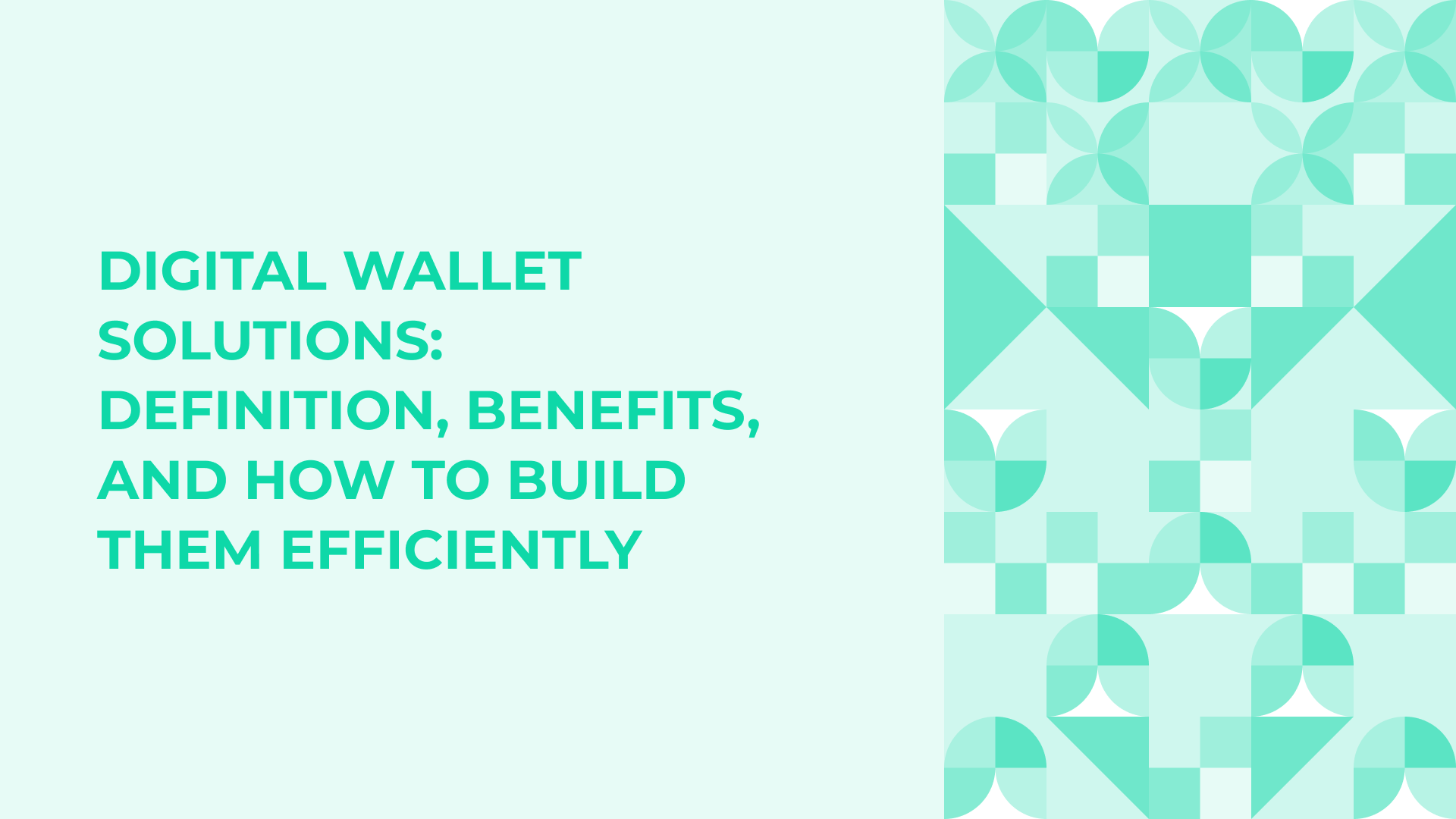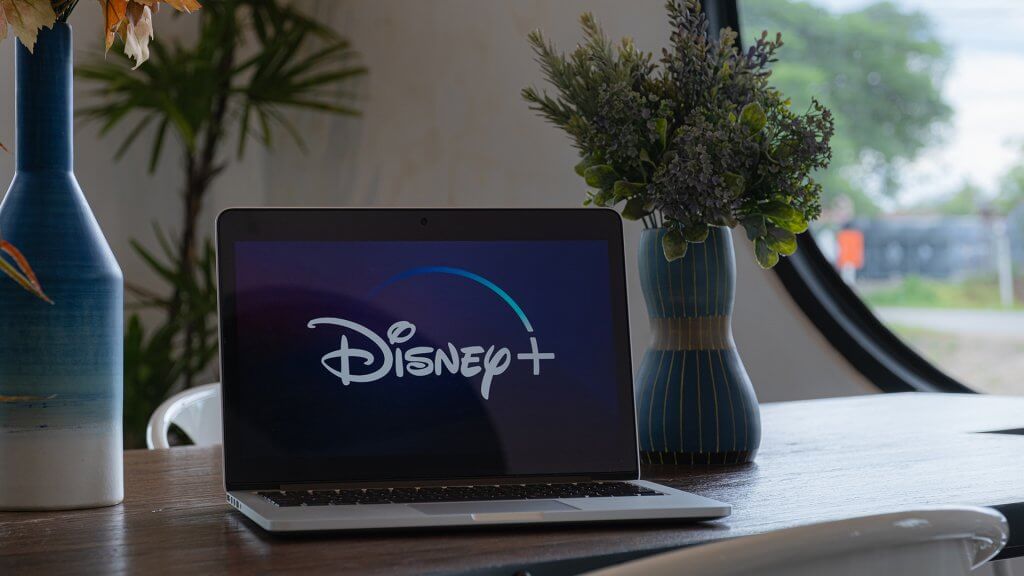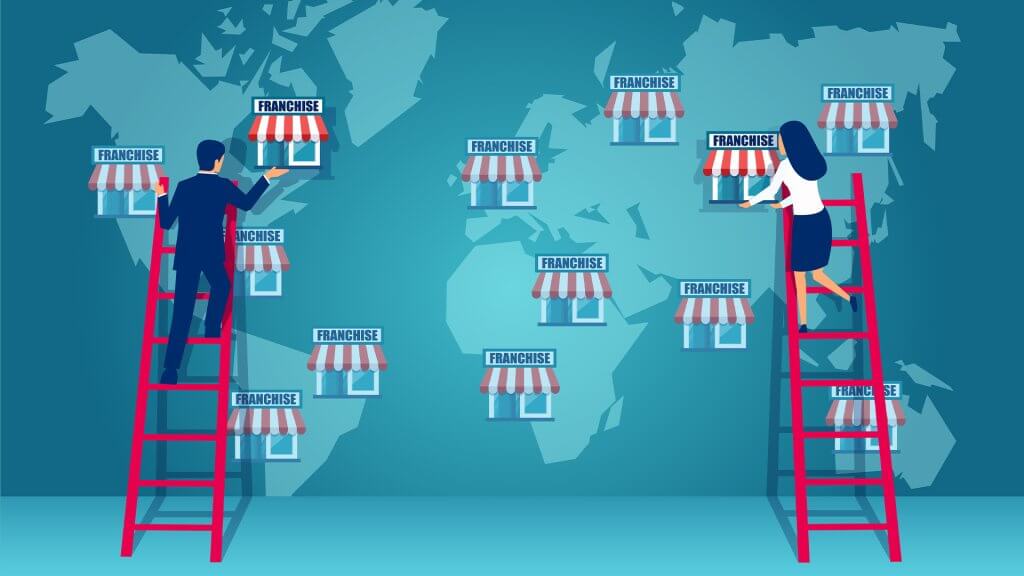Nowadays, consumers and businesses are rapidly shifting towards cashless, convenient, and highly secure payment systems. At the center of this transformation are digital wallets—sophisticated tools that are revolutionizing the way we handle money, both online and offline.
But what exactly are digital wallets? How do they benefit users and businesses? And how can companies quickly and efficiently implement them?
In this article, we’ll explore these questions, with a spotlight on SDK.finance digital wallet solution as a streamlined solution for building digital wallets.
What Is a digital wallet?
A digital wallet, often referred to as an e-wallet, is a software-based system that securely stores users’ payment information and passwords for various payment methods and websites. Through these wallets, users can conduct transactions both online and in physical stores without the need to carry cash or cards. With smartphones becoming ubiquitous, mobile digital wallets such as Apple Pay, Google Pay, and PayPal have become extremely popular, allowing consumers to pay with a simple tap or scan.
Digital wallets are far more than just tools for storing payment details. They can also manage loyalty cards, store cryptocurrency, and handle peer-to-peer transfers, making them versatile financial hubs. In essence, digital wallets act as the digital equivalent of a traditional wallet, but with far more functionality and security features.
Benefits of digital wallet products for users and businesses
Key benefits for users:
Convenience
Users can store all their payment methods—credit cards, debit cards, loyalty cards—within a single app. This eliminates the need to carry multiple physical items or fumble through a wallet for the right card. With digital wallets, users can pay effortlessly with their smartphones or smartwatches by tapping or scanning at checkout.
Security
Digital wallets provide enhanced security through encryption, ensuring that sensitive information like credit card details are never exposed during transactions. Most digital wallets also include biometric authentication, such as fingerprint or facial recognition, making unauthorized access more difficult.
Quick and efficient payments
Payments can be completed with just a few taps or a scan, making digital wallets faster than traditional payment methods.
Expense tracking and budgeting
Many digital wallets come with features that help users track their spending and manage budgets. The ability to view all transactions in one place helps users monitor their finances more closely, making it easier to identify patterns in spending and adjust financial habits accordingly.
Key benefits for businesses:
For businesses and consumers alike, digital wallets streamline the transaction process while offering mutual advantages:
Improved customer experience
With faster transactions, both online and in-store, businesses can reduce checkout lines and wait times, improving the overall shopping experience for consumers. This convenience encourages repeat business and increases customer satisfaction.
Loyalty and rewards programs
Digital wallets can integrate loyalty and rewards programs, allowing consumers to earn points or receive discounts with every transaction. This is seamless for the user and boosts customer retention for businesses, creating a win-win situation for both parties.
Increased security for businesses
For businesses, digital wallets help reduce the risk of fraud and chargebacks. The encryption and tokenization features built into wallets add layers of security to each transaction, providing peace of mind for both the seller and the buyer.
How to build a digital wallet solution?
Developing a digital wallet solution involves several steps. Below are the key steps for building a successful digital wallet solution.
Define the scope and features
The first step is to determine the key features that your digital wallet will offer. Will it be a simple peer-to-peer payment app, or will it handle a wider range of services such as loyalty programs, cryptocurrency management, or bill payments.
Compliance and security
A digital wallet must comply with various financial regulations such as anti-money laundering (AML) and know-your-customer (KYC) requirements. Partnering with AML/KYC verification providers or building these features in-house is essential to ensure the wallet complies with local and international regulations.
3. Choose the right technology
The technological foundation of your digital wallet is critical. You’ll need to decide whether to build a wallet for iOS, Android, or both. Additionally, selecting the right payment gateways and third-party integrations for handling transactions, foreign currency exchanges, and loyalty programs is important.
4. Create UI/UX design
Creating an intuitive user interface is essential for adoption. The design should be user-friendly and responsive, ensuring that all types of users can navigate through the app with ease. Focus on simplicity while maintaining a sleek and modern look.
5. Testing
Once the digital wallet is built, thorough testing is required to identify and fix any bugs or vulnerabilities. Load testing, security testing, and user acceptance testing (UAT) are essential steps before the wallet can go live.
6. Deployment
After successfully testing the app, the final step is launching it in the market. A well-planned marketing campaign is crucial for gaining initial users, and customer feedback will help refine the product further.
SDK.finance digital wallet solution
While building a digital wallet from scratch can be a complex and time-consuming process, platforms like SDK.finance offer a faster and more efficient route to market. SDK.finance is a FinTech software solution designed specifically for digital wallets and payment systems. It provides a robust foundation with pre-built features and integrations, allowing businesses to launch their digital wallet solutions quickly.
SDK.finance comes with a wide array of pre-integrated features such as account management, transactions, multi-currency wallets, and loyalty programs. These out-of-the-box capabilities save developers time, allowing them to focus on customization and branding instead of reinventing the wheel.
With the capacity to handle up to 2700 transactions per second, SDK.finance ensures that your digital wallet can grow as your user base expands. The platform’s scalability means that it can support everything from small startups to large enterprises with millions of transactions per day.
SDK.finance supports integrations with key financial vendors like Marqeta and Mastercard Gateway. This enables businesses to tap into existing infrastructure for seamless transactions, reducing the complexity of setting up payment systems from scratch.


























